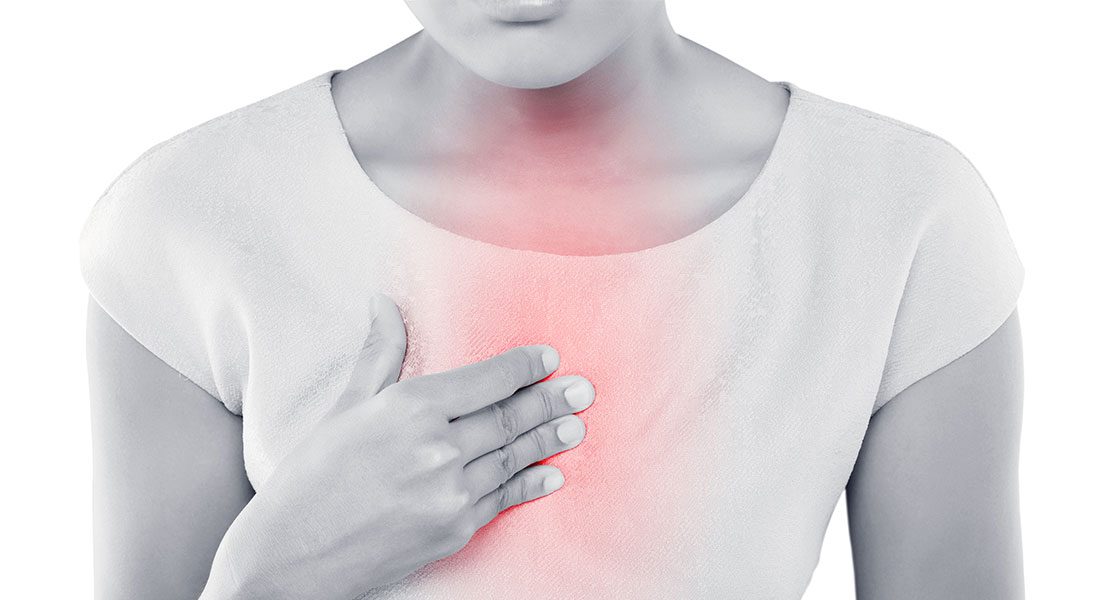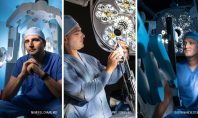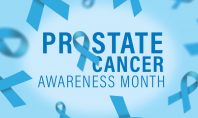Advances in Treating Chronic Heartburn

Millions of Americans avoid tomato sauce and spicy foods due to the pain that comes shortly after eating, thinking it’s their “new normal.” It doesn’t have to be this way.
The symptoms of chronic heartburn, also called gastroesophageal reflux disease (GERD), are now easier to treat with a minimally invasive procedure.
St. Luke’s University Health Network is the first in the area to offer LINX, a small device placed at the entrance of the stomach to prevent acid from refluxing into the esophagus, where it causes pain and damage.
GERD occurs more commonly in patients who are obese, smokers, or women who have been pregnant. “It’s debilitating and affects quality of life,” says Maher El Chaar, M.D., who specializes in bariatrics, or weight loss surgery, at St. Luke’s. “Thankfully, we are one of the few centers in the country that can address it using a DaVinci Robot.”
Left untreated, GERD leads to severe chest pain, regurgitation, and food getting stuck on the way down. Some patients develop hoarseness, shortness of breath, pneumonia, and the condition can lead to esophageal cancer.
No two patients or cases are exactly the same
El Chaar says heartburn brings most patients in for a consultation. Some begin with medication and later find relief from the minimally invasive surgery.
Dustin Manchester, M.D., a St. Luke’s thoracic surgeon says GERD can also occur when a patient suffers a hernia, causing the stomach to protrude into the esophagus. The first step is to treat the hernia, then determine the right approach for treating the severe heartburn he says.
“No two patients or cases are exactly the same,” Manchester says. “Selecting the right procedure for the patient is very important.”
LINX places a magnetic bracelet placed at the gastroesophageal junction—where the esophagus meets the stomach—to reinforce the area and prevent reflux. Manchester says patient feedback from the procedure has been phenomenal. “It’s very beneficial to the right patient,” he says.
St. Luke’s also offers other procedures for treating GERD, such as Stretta and Nissen fundoplication which may be more appropriate for some patients, depending on their case.
For more information, contact St. Luke’s at 1-866-ST-LUKES.


















